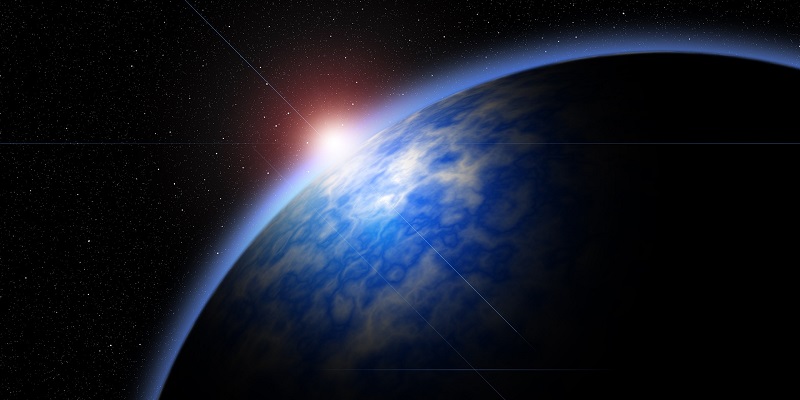

About Astronomy
UBC is one of the few universities in the world that offers an undergraduate degree in astronomy and astrophysics. Astronomers and physicists study the material world and the energy that drives it, from the smallest particles like neutrinos and Higgs bosons to the largest structures in the universe. They explore the births, evolution, and deaths of stars, black holes, as well as the properties of galaxies and the origin and evolution of the Universe. The program overlaps with mathematics, chemistry, biology and engineering and can be approached from each of these angles. You'll work with professors heavily involved in large international projects, including the James Webb Space Telescope, the Thirty Metre Telescope, the Square Kilometre Array, and CMB-Stage 4.
Program Details
The combined honours in physics and astronomy is intended for students who plan to pursue graduate study in astronomy and a research career. The astronomy major is for students interested in careers in education, outreach and the technical support of research.
Skills
- Application of theoretical concepts and scientific principles to unexplained or novel space scenarios
- Observation, interpretation, quantification, and communication of relationships between factors that explain and impact the universe
- Computational coding of complex models or simulations to test theories
- Application of logic, reasoning, judgement, and creative and abstract thinking to solve problems
- Complex calculations and statistical analysis to understand the world
- Communication of complex ideas through advanced technical writing
- Technical usage of advanced instruments, machines, and laboratory equipment
Specializations offered
- Major, Astronomy
- Combined Honours, Physics and Astronomy


